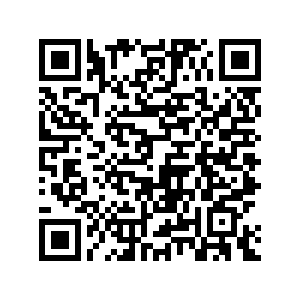JUBA, Nov. 12 (Xinhua) -- South Sudan on Tuesday expressed concern over the rising number of new HIV/AIDS infections, attributing the annual figure, which stands at 8,100, to limited funding for the health sector, political instability, and inadequate infrastructure.
South Sudan's Vice President Hussein Abdelbagi Akol said that around 140,000 people in the country are living with HIV.
"South Sudan faces unique challenges that require tailored solutions. It's crucial that we strengthen political leadership and ensure that HIV programs are fully integrated into national health initiatives," Akol said during the dialogue on HIV Prevention Response in Juba, the capital of South Sudan.
Akol emphasized that more work is needed to address gaps in the HIV response, particularly in terms of leadership engagement, coordination, and creating a supportive legal and social environment. He also called for concerted efforts to reduce stigma and discrimination, improve access to HIV testing and treatment, and put in place a holistic community-based approach to prevention.
Minister of Health Yolanda Awel Deng said that the northern and central regions of the country have the highest rate of HIV infections due to a lack of proper screening and treatment facilities.
"This disparity is partly due to outdated policies and inadequate infrastructure, which were designed to address HIV prevention in more populated southern areas but fail to meet the needs of the rest of the country," Awel said.
Awel also said that annual budgetary allocations to the ministry need to be increased to effectively work to reduce and prevent HIV/AIDS infections in the country. She called on the government and international partners to prioritize healthcare investment and increase both domestic and foreign funding to combat HIV, infant and maternal deaths, and diseases linked to climate change.
Esterina Novella, chairperson of the South Sudan AIDS Commission, said the HIV epidemic has persisted for far too long since the independence of the country in 2011.
Novella said that they require 360 million U.S. dollars to implement the 2024/2025 South Sudan National Strategic Plan for HIV/AIDS, which aims to reduce HIV infections by 2030.
South Sudan's HIV response is heavily reliant on donor funding, with international donors contributing 91.7 percent of the HIV-related budget, according to Novella. ■
